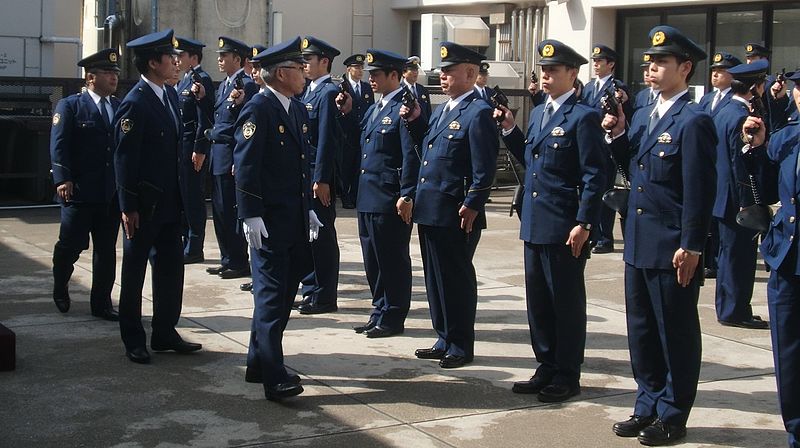QUOTE: Demons are willing to send millions of babies to heaven, if they can make millions of murderers on earth. Psalm 106:37-39
AUTHOR: John Stephen Piper
(born January 11, 1946) is founder and teacher of desiringgod.org and chancellor of Bethlehem
College & Seminary in Minneapolis, Minnesota. He is a Calvinist
Baptist preacher and author who served as Pastor for Preaching and Vision
of Bethlehem Baptist Church in Minneapolis, Minnesota for 33 years. His
books include ECPA Christian Book Award winners Spectacular
Sins, What Jesus Demands from the World, Pierced by the Word,
and God's Passion for His Glory, and bestsellers Don't Waste Your
Life
and The Passion of Jesus Christ. The evangelical
organization Desiring God is named for his book Desiring God: Meditations of
a Christian Hedonist (1986).





